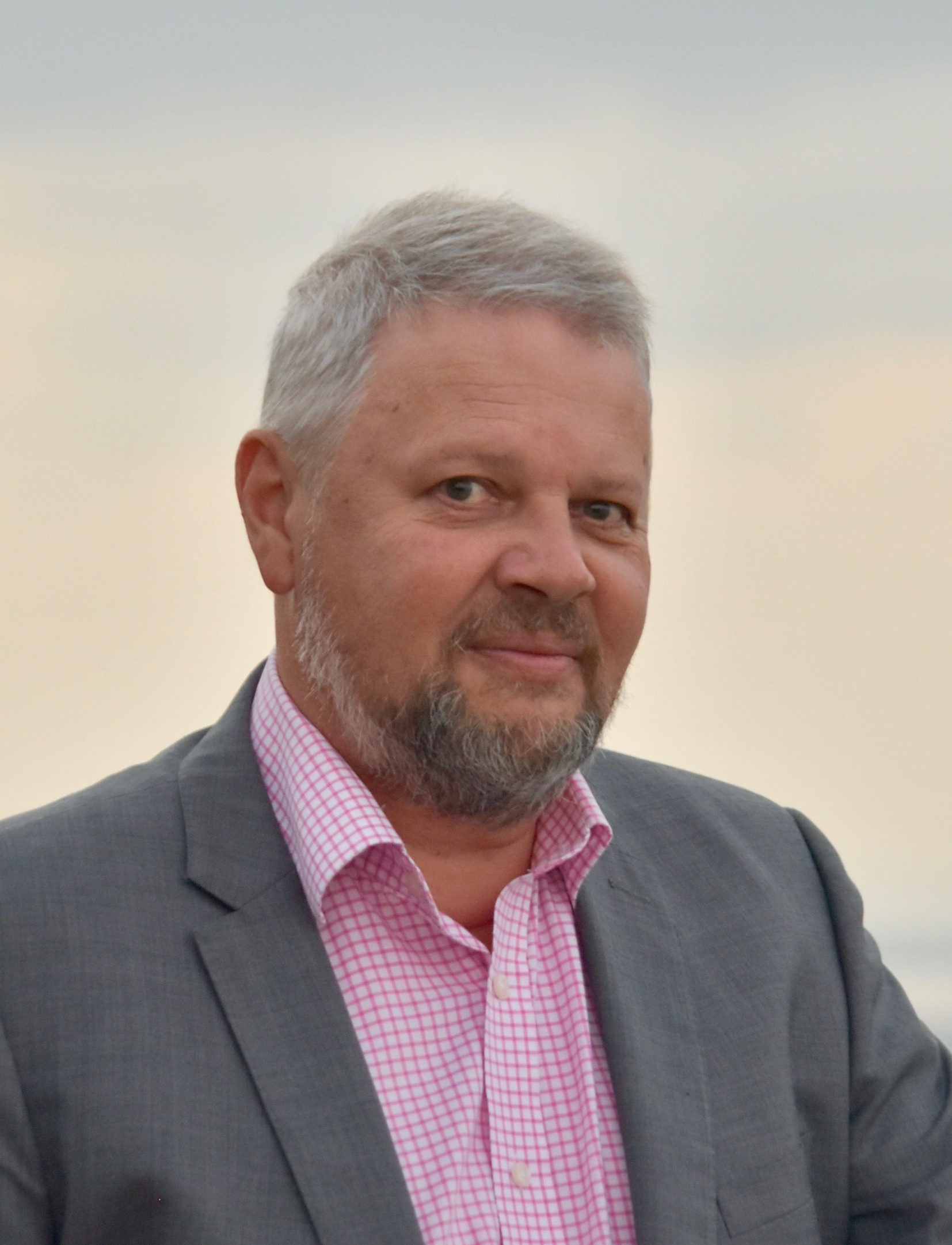In researching our recent white paper, “The Road to Alignment,” we interviewed 27 leading communication professionals from around the world. As you would expect, these discussions became wide ranging. On top of many great thoughts about alignment, they also uncovered three big ideas.
We recently shared the first of these: the damage being caused by rampaging “corporate clutter” and what communication professionals can do about it. Now we’re on to the second article. What is the future of the communication function in our rapidly transforming world?
Our conversations identified four personas that allude to how the role of communication (particularly internal communication) will evolve. They are:
- Communication professionals as advisors
- Communication professionals as enablers
- Communication professionals as humanists
- Communication professionals as history
Communication Professionals as Advisors
For a long time there has been talk of the need for communication professionals to be trusted advisors to CEOs and executives. This, of course, is table stakes and it’s a step all communication professionals need to take as they move up the ladder.
“Research has shown that professional communicators need to become trusted strategic advisors to deliver career-advancing impact.”
—Sharon Hunter, SCMP, Principal, Sharon Hunter Communications
This raises a perennial question that every communication professional will know about. You can’t be an effective advisor to leaders if you don’t understand how the organization operates.
“I’m surprised at how many comms people don't inherently understand their businesses strategy and commercial drivers and also don't really inherently understand what the experience is at various levels of the organization. It often surprises me.”
—Melissa O’Neill, Global Director Corporate Affairs, Treasury Wine Estates
Communication Professionals as Enablers
A growing theme across the profession right now is the need for communication professionals to go one step further. To not just create communications, but to enable effective communicators. And there is widespread support for this point of view.
“Communication practitioners are responsible for driving leaders who are responsible for driving strategic alignment. And I think that process is where the block begins because it's difficult. I think from a practitioner’s point of view, you've got to do extra work.”
—Russell Grossman, Director of Communications, Office of Rail and Road and Head of Government Internal Communications Profession, United Kingdom Government
Having said that, being explicit about improving the communication skills of managers may not be the way to go.
“I happen to think it is a fool's errand to try to turn managers into communicators. Not that we shouldn't be making any effort at all, but they don't see themselves as communicators. If they're going to get 60% of their performance evaluation based on revenue generation or operational success and 5% on communication, I can tell you which one they're going to sacrifice. So, I've taken this in a different direction. And it is leadership.”
—Shel Holtz, ABC SCMP IABC Fellow, Head of Internal Communications, Webcor Builders
Communication Professionals as Humanists
Communication professionals have always encouraged leaders to be more people focused. This role will be particularly important in a world of increasing automation, algorithms and change.
A positive feature of the last year has been the growing leader focus on people and the human side of business.
“It's been quite something to be able to see leaders be vulnerable and see inside their homes and, you know, see the chief executive whose kids built a tent behind her.”
—Danielle Bond, SCMP, Group Director Brand, Marketing & Communications, Aurecon
“I have found it much easier to get leadership over that hurdle of ‘tell them what you know when you know it.’ So many times, they just want to hold it tight until they have it all figured out. Because no one could control COVID, many have learned to share what they know and let the story unfold with everyone together.”
—Ginger D. Homan, ABC SCMP, Founder, Zia Communications
“Over the past year, I've seen a significant transition in communication strategies to prioritise empathy. As we move on, I hope we will not lose that sense of humanity because it has transformed a lot of organizations and individuals to being more considerate of others.”
—Sheila Carruthers, FCMC SCMP, Consultant, CSR Strategies Inc.
Communication Professionals as History
Another implication of COVID-19 has been a surge in the focus on agility. As McKinsey reported in June…
“Organizations have removed boundaries and have broken down silos in ways no one thought was possible. They have streamlined decisions and processes, empowered frontline leaders, and suspended slow-moving hierarchies and bureaucracies.”
Against this background, one of the most fascinating comments from our interviews questioned the relevance of communication in a more decentralized organizational landscape.
"In these very flat, highly autonomous organizations, the requirement for good communication from the leaders goes away, which is interesting. So, we could say good communication is a requirement within hierarchical organizations, where everybody is looking to the leaders for direction. However, in self-led and self-managed organizations, do we need good communication from 'the top' to achieve alignment? Basically, no. In these highly empowered cultures, people don't need to align around much collectively other than a few basic norms of how they should be doing business.”
—Richard Atherton, Partner, First Human
This view might surprise some readers. However, Richard then goes on to make this comment. A comment that leads us straight back to the second persona above: communication professionals as enablers.
“If I were to answer the question, well, what should comms professionals be focusing on instead? It would be to train and develop individuals in these organizations. Help them get the most from their relationships with their peers. Help them to align with others in their team or those adjacent. The role transitions from consultants and crafters of the perfect message to trainers and coaches.”
So, What’s Our Take?
Our view is that the future communication professional will possess all four of these personas:
- Communication professionals as advisors: Actively advising leaders on the issues that really matter to the success of the organization. This means having not just general business acumen, but an intimate understanding of the dynamics of the organization, its stakeholders and its broader market.
- Communication professionals as enablers: Focused less on creating communications for people and more on making others better communicators. In particular, helping leaders lead will be an important priority.
- Communication professionals as humanists: Standing up for people — employees, customers, other stakeholders and society. Taking ethical decisions and actions. Modelling the right behaviors, not just talking about them.
- Communication professionals as history: Embracing transformation and constantly changing with the times. There is no doubt that, if we don’t do that, if we stick to the old ways, we will be history.
And the wildcard? The fifth persona we’re adding in.
It’s communication professionals as business builders. Not just creating communications but running programs that strengthen the organization’s fundamentals and drive momentum.
Think about our last article about corporate clutter. In reality, there is clutter all over most organizations and it seriously compromises their operations and performance.
By taking the lead, de-cluttering ourselves and then inspiring the rest of the organization to do the same, we could have a massive impact on organizational productivity and speed, as well as the engagement and (dare we say) alignment of our people.
There are, at the end of the day, many different ways that communication professionals can literally change the course of the organizations they work for.
We just have to realize it. In fact, our future depends on the fact that we do.
Wayne Aspland and Zora Artis, GAICD, SCMP Wayne Aspland
Wayne Aspland
Wayne Aspland is a writer and communicator with more than 15 years’ experience in corporate, leadership and internal communications (including Head of Function). He has also lectured in communications at Deakin University, and acted as a member of the IABC Victoria Board (past) and the IABC APAC Board (current).
Aspland believes the purpose of all corporate communication is to bring people together, to create a connection. It’s the CEO seeking to unite her people behind a strategy or transformation. The group of stakeholders trying to find common ground. The salesperson and his potential client thrashing out a deal. The marketer creating collateral that will hopefully turn browsers into buyers. It’s all communication and it’s all about bringing people together. That’s how you get things done.
 Zora Artis
Zora Artis
Zora Artis, GAICD, SCMP, FAMI, CPM, is Australia’s leading alignment strategist, working with leaders to unlock value in their organizations, people and brands to drive performance. She is the CEO of Artis Advisory, a current director of International Association of Business Communicators (IABC) Asia Pacific region, past director of the IABC global executive board, and vice-chair of the IABC World Conference 2021. Artis has almost three decades in business, marketing, communication, advertising and branding, and has worked with a breadth of organizations, including ABInBev, adidas, AusNet Services, AIA Australia, A2 Milk Company, GSK, LendLease, Weir Group, Marsh and the Victorian Government.